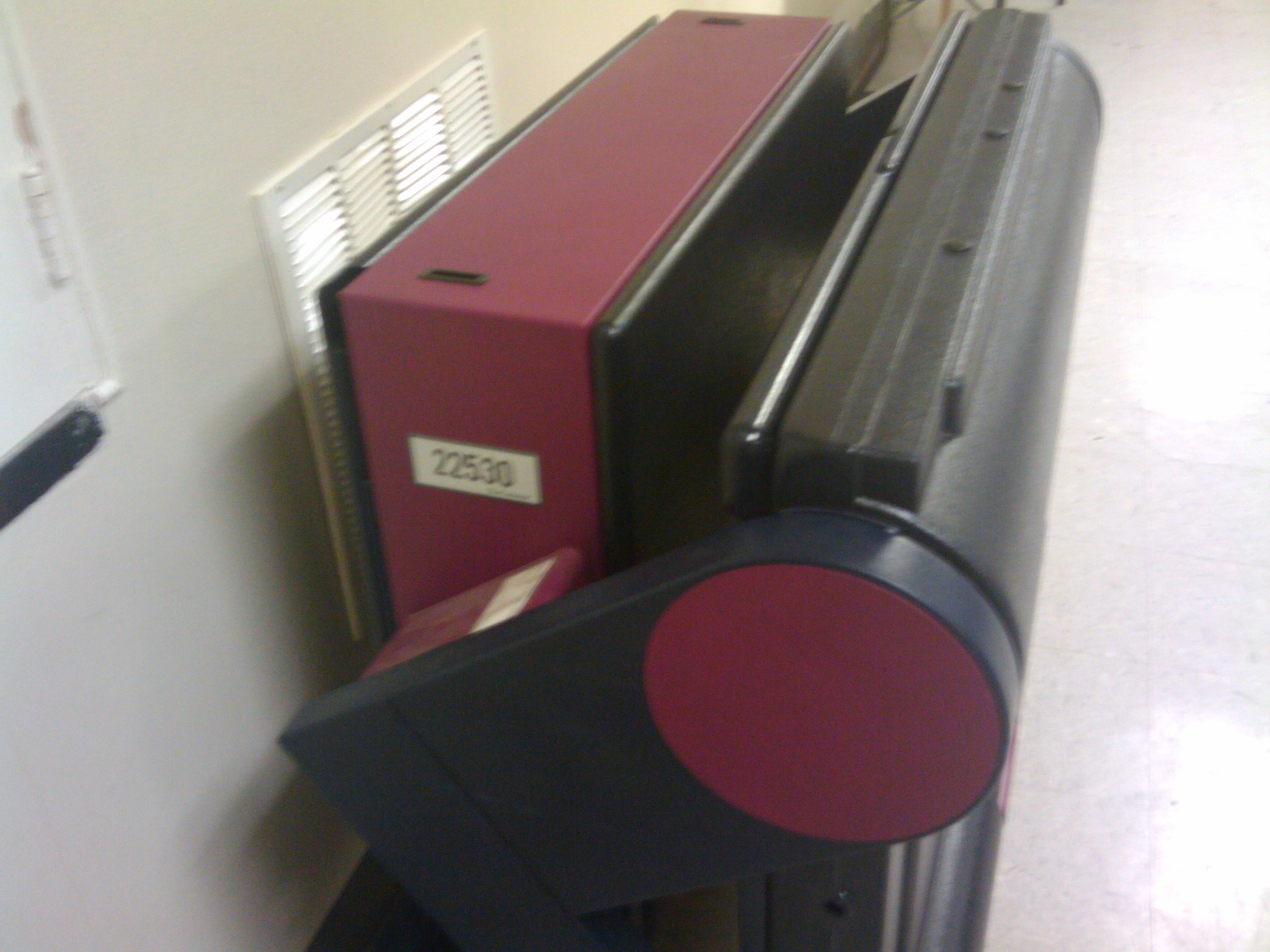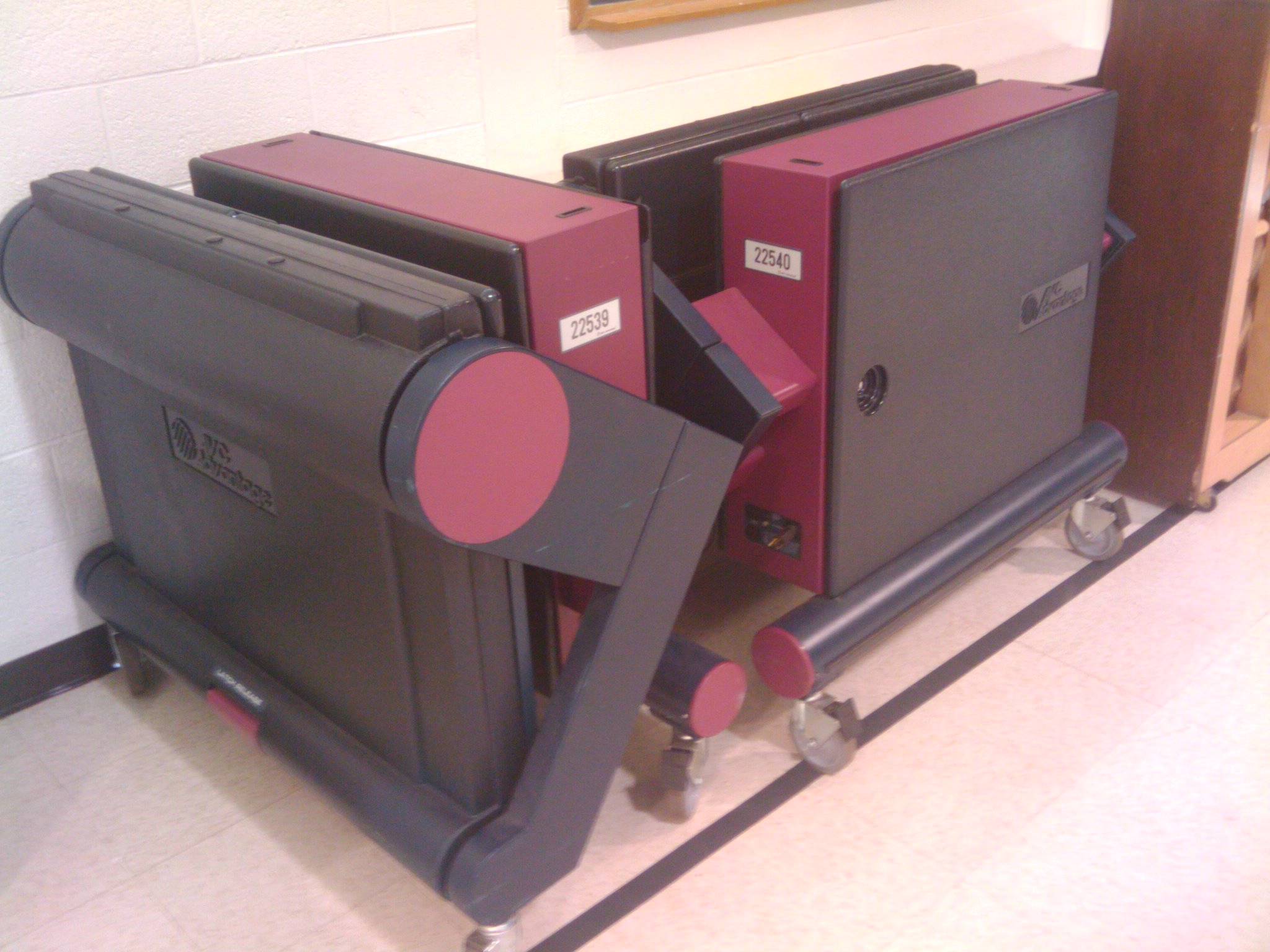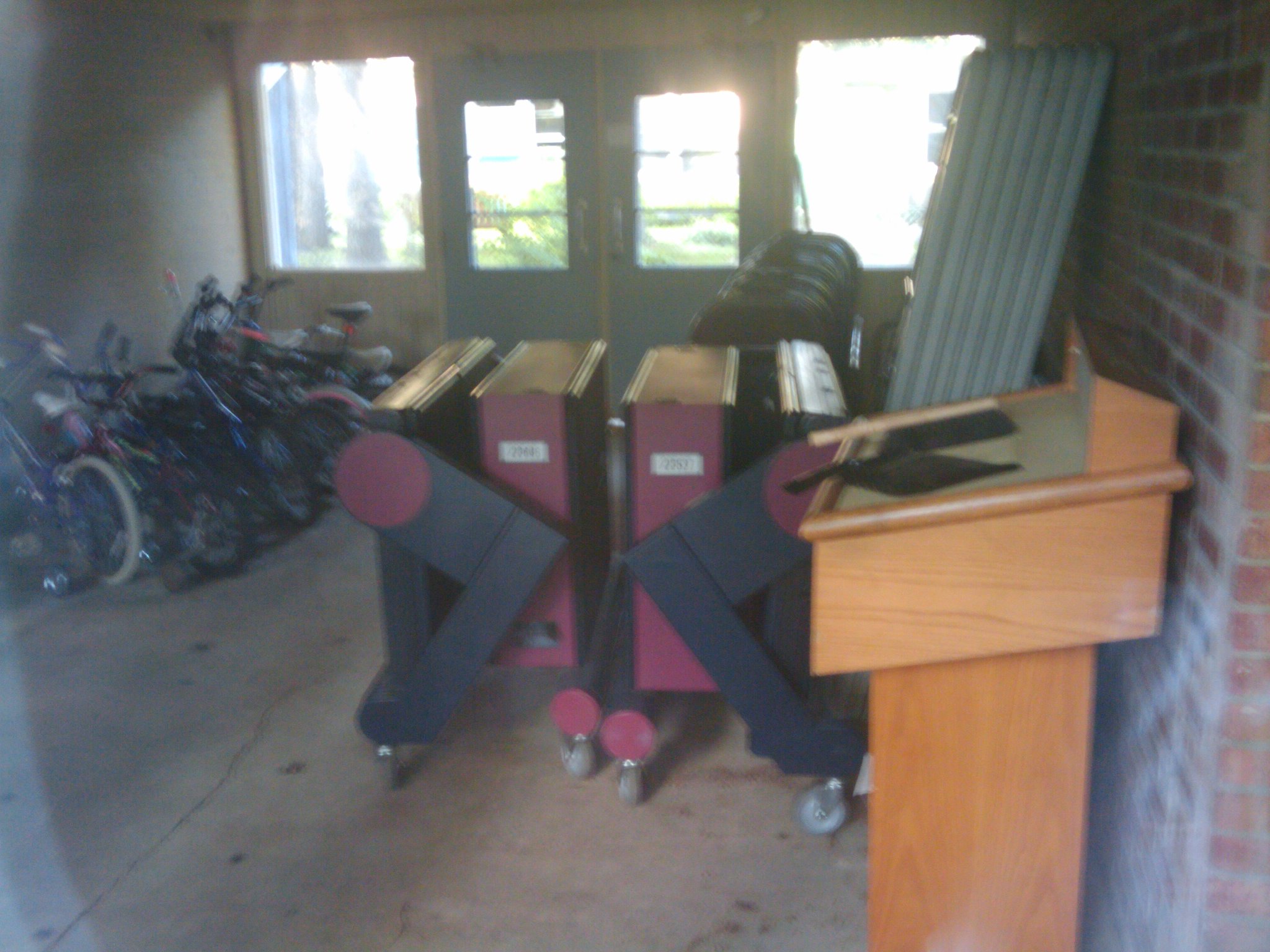The job of an academic is to conduct research, and that means publishing manuscripts for the world to read. Computer science is somewhat unusual, among the other disciplines in science and engineering, in that our primary research output goes to highly competitive conferences rather than journals. Acceptance rates at the “top” conferences are often 15% or lower, and the process of accepting those papers and rejecting the rest is famously problematic, particularly for the papers on the bubble.
Consequently, a number of computer scientists have been writing about making changes to the way we do what we do. Some changes may be fairly modest, like increasing acceptance rates by fiat, and eliminating printed paper proceedings to save costs. Other changes would be more invasive and require more coordination.
If we wanted to make a concerted effort to really overhaul the process, what would we do? If we can legitimately concern ourselves with “clean slate” redesign of the Internet as an academic discipline, why not look at our own processes in the same light? I raised this during the rump session of the last HotOS Workshop and it seemed to really get the room talking. The discipline of computer science is clearly ready to have this discussion.
Over the past few months, I’ve been working on and off to flesh out how a clean-slate publishing process might work, taking advantage of our ability to build sophisticated tools to manage the process, and including a story for how we might get from here to there. I’ve written this up as a manuscript and I’d like to invite our blog readers, academic or otherwise, to read it over and offer their feedback. At some point, I’ll probably compress this down to fit the tight word limit of a CACM article, but first things first.
Have a look. Post your feedback here on Freedom to Tinker or send me an email and I’ll followup, no doubt with a newer draft of my manuscript.



